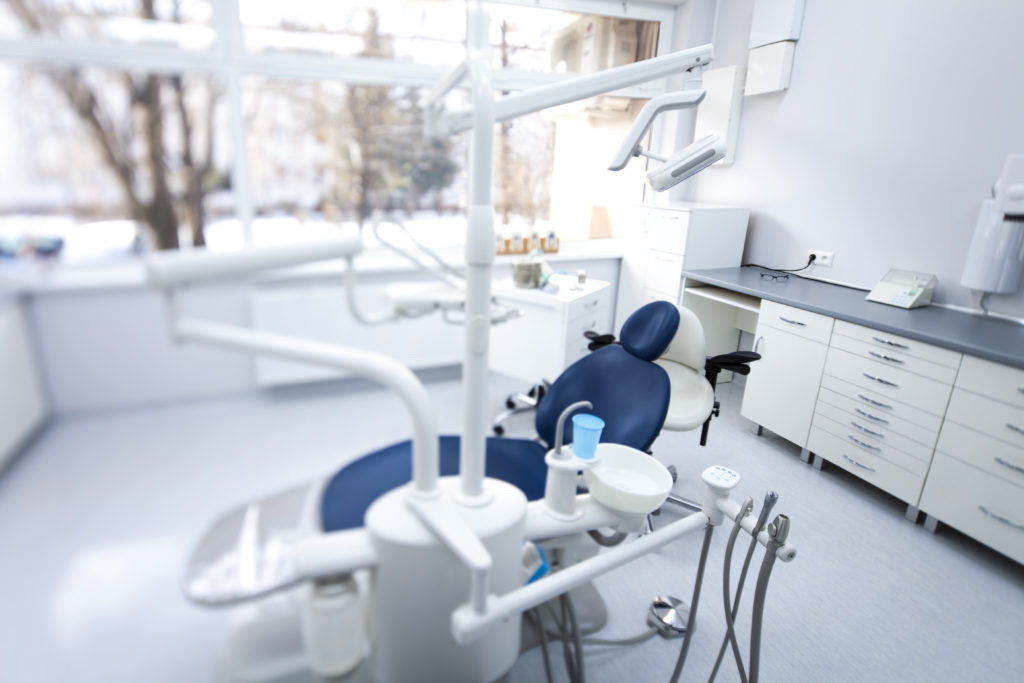Making the decision to lease a dental office space may be one of the most important financial decisions you will make for your dental practice. Behind payroll, your lease is generally your second highest fixed expense, meaning that finding a lease best suited to your needs is critical for long-term business success. Let’s dig into a few details surrounding the process of leasing a facility for your dental office.
Fully Consider Your Leasing Options
Finding a lease is more than just negotiating favorable terms. Remember that each property will offer different amenities, which is why it’s always important to consider the deal as a whole. This involves looking beyond rental amounts and, instead, considering all of the terms of the lease, as well as the unique attributes this property has to offer.
Mapping out your needs and long-term goals prior to visiting properties can help you determine the features and amenities you want your new location to have, and which ones are okay to leave behind. For example, an open floor plan can be beneficial for creating a more inviting feeling for dental patients, rather than separate patient rooms which other healthcare practices may require. You may also consider the location you want your practice to be in, and which lease terms you’d prefer. All of these considerations ultimately help guide you in negotiation.
Some commonly leased building types for dental practices include retail strip centers, stand-alone buildings in shared lots, and stand-alone buildings in private lots.
Be sure to tour a few properties prior to making a decision. By doing so, you will have a better understanding of what is being offered in the market and know whether or not you are getting a fair deal.
Negotiate Your Lease
You may begin the negotiation process by submitting a non-binding RFP (Request for Proposal) at your favorite properties. This document will contain financial and business requests you have if you are to select that space for your practice. This helps you note things that will be needed for your dental practice that may be less common for a typical commercial use.
From here, you can expect the landlord to reply with what is called an LOI (Letter of Intent). The LOI is a non-binding document where the landlord will counter the requests you made within the RFP and note any terms that are not acceptable. In the LOI, they will also include the lease rate and present an offer based on these renegotiated terms. This is a high-level agreement prior to preparing the actual lease draft which will become the binding contract.
Note that it is common practice to negotiate on more than one property, and even smart business to do so. This can help if one property does not work out.
Once the final terms are agreed upon for each property, you can evaluate the final offers and decide which will be the best property for you and your dental practice. After your decision is made, the landlord will supply a lease draft for a real estate attorney to review.
Hire Representation
Before attempting to find a lease without representation, it’s important to understand why this DIY approach isn’t recommended for something as important as where you will establish your dental practice. In order to secure the best terms and property possible, you should strongly consider hiring a commercial real estate firm that specializes in the healthcare sector. For reasons why you should hire a commercial broker before renewing or signing a new lease, read this blog.
About HBRE
Headquartered in Nashville, Tennessee, HBRE is a full-service commercial real estate firm specializing in healthcare real estate. With over 50 years of combined industry experience serving 28 states across the U.S., we deliver exclusive healthcare solutions so you can provide the best patient care.
If you have any questions about leasing, buying, or selling a commercial property in Nashville or beyond, connect with our team today.




